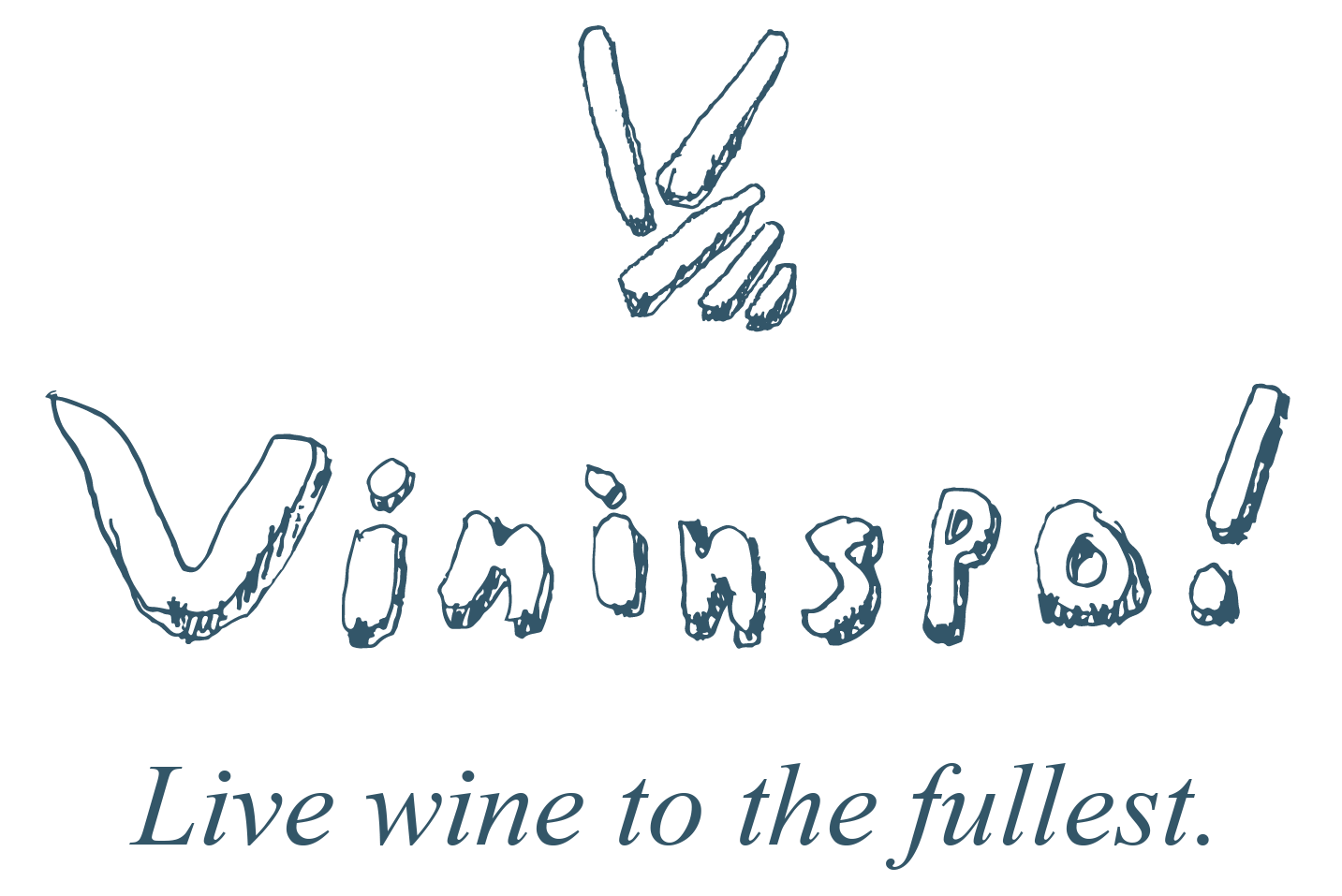Viva AWIWA!
Awards founder Jane Thomson of the Fabulous Ladies’ Wine Society
Isn’t that nice? They’re letting the girls have a go. And all by themselves, too, to make sure they win!
The inaugural Australian Women in Wine Awards (AWIWA) are with us – and some mightn’t know what to do with them. “My first thought was: What a lot of sexist nonsense,” confessed wine writer and convert Winsor Dobbin. How many others questioned whether these were a “necessary” addition to the wine calendar, or deemed this women-only competition self-defeating, serving to undermine the very people it purported to champion?
I wouldn’t normally advocate this as a philosophical response… but you needn’t think, just act. Because the question here is not “Do I believe in gender-specific awards” but “Do I appreciate the contribution of women – their ideas, their gifts and their company?”
If the answer to the latter is “yes”, then shouldn’t something be done to boost the participation of women in wine? As it stands, we’re being cheated of our fair share of the fairer sex. AWIWA organisers say – and the Winemakers’ Federation of Australia doesn’t dispute it – that women make up between eight and 10% of the Aussie industry, with some areas such as viticulture in decline.
But hang on a moment – don’t we already have a chance to celebrate women through the myriad shows and competitions already doing the rounds? Yes, we do. Women have previously been named Winemaker of the Year, Sommelier of the Year and Dux of the Len Evans Tutorial. The present Chair of Judges at the Sydney Wine Show (Sam Connew), Gourmet Traveller WINE Young Winemaker of the Year (Gwyn Olsen) and Wine Communicator of the Year (Jeni Port) are female.
Even beyond these examples, I don’t think any of us would struggle to think of women whose wines we love, whose judgment we value and whose example we admire. But this is exactly the point: if we treasure them, why aren’t we doing all we can to ensure they’re able to participate fully?
The Australian Women in Wine Awards are the brainchild of Jane Thomson, a former Wine Communicator of the Year and founder of the Fabulous Ladies’ Wine Society. They’re designed to “acknowledge and reward the work of women in the Australian wine industry, and industry leaders who champion equality and fairness for all in the workplace.” Thomson in turn was inspired by the Women of the Vine Global Symposium, the first edition of which took place in Napa in March this year. That symposium served as the launch pad for the Women of the Vine Alliance, which states as its raison d’être “to support, advance, and connect women in the wine industry worldwide through education, advocacy, training, mentorship, and steadfast confidence in the value of women at every position in the field”.
Corinna Wright of Oliver’s Taranga with Jane Thomson
The “field” of course extends beyond the scope of AWIWA’s initial four-category format, and organisers say they’re open to expanding it depending on the success of the inaugural awards. Beyond the winemakers, viticulturists and business owners, there are those who work in finance, distribution, marketing and operations who are worthy of recognition. One sign of this broader thinking is the inclusion from the outset of the Workplace Champion of Change award. Open to both businesses and individuals – male and female – it recognises those who’ve provided outstanding support for women or have led the way in implementing female-friendly work practices.
Likewise it’s up to all genders get behind the awards. I’ve spoken to women winemakers who are rightly proud of their achievements – and those of their female peers – but who are loath to identify as “women winemakers” because they feel their gender is irrelevant to what they do. Nor would they wish to give the impression they got where they are despite being a women (let alone because of it). But again, this misses the point. It’s not about playing the chick card. It’s about flying the chick flag.
Adelaide-based viticulturist Mary Retallack sits on the advisory board for the Women of the Vine Global Symposium. She’s proud of the way the US venture encourages women to seize opportunities and be more active in decision-making. Likewise, it lends them much needed support, “so we don’t lose women who are at the top of their game,” she says. “Initiatives like this mean women have ready access to mentors, can connect with peers more effectively, contribute sooner and more effectively.”
What she says goes to the heart of AWIWA’s importance. It’s not a perfunctory pat on the back; these awards should serve as a reminder of the talent pool we have and mustn’t squander. A reasonable number of women enter the wine industry and many go on to achieve top honours. But look again at those (admittedly rough) numbers: female participation at just 10%? It’s a huge imbalance and drastic waste of potential.
These awards ultimately aim to redress the balance and chase that potential. We can’t hope to be at the top of our game without promoting diversity – something Oliver’s Taranga winemaker and AWIWA judge Corrina Wright justly declares “a no-brainer”. Driving up quality is vital, too. And that means pushing for the good to be recognised and for the great to go further.
So don’t waste time wondering whether these awards are “necessary”. Instead think of women who make wine, tend vineyards, write restaurant lists, run businesses, put on events, welcome you at the cellar door and in any way make your wine experience better – and decide if you need them.
Here’s a chance to say “yes” and mean it.


